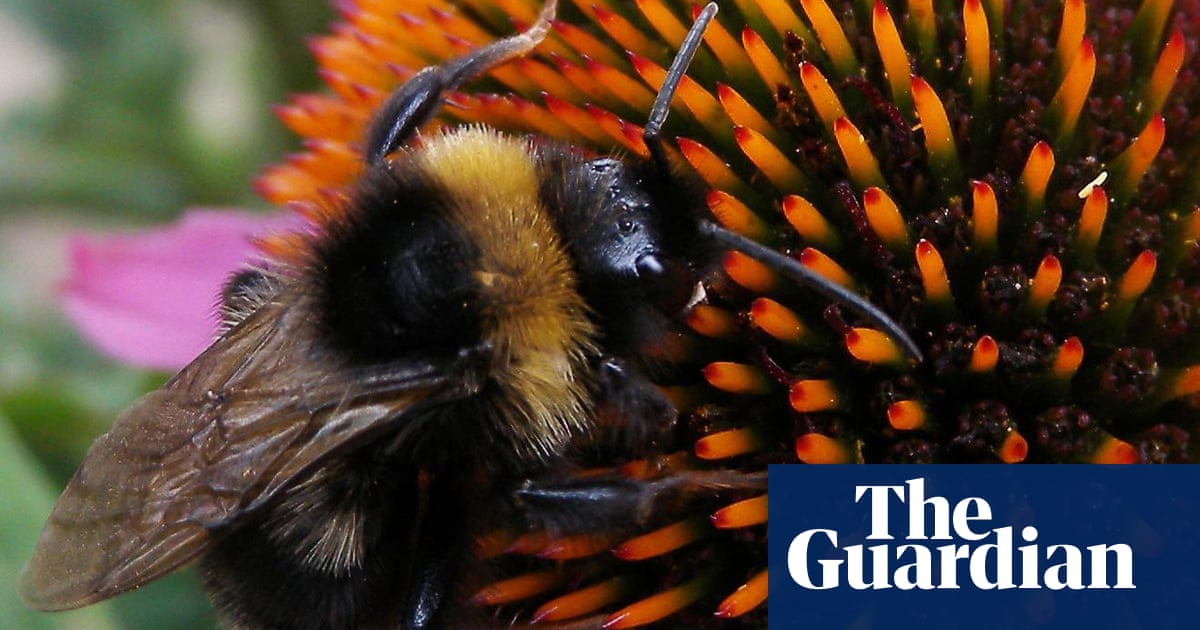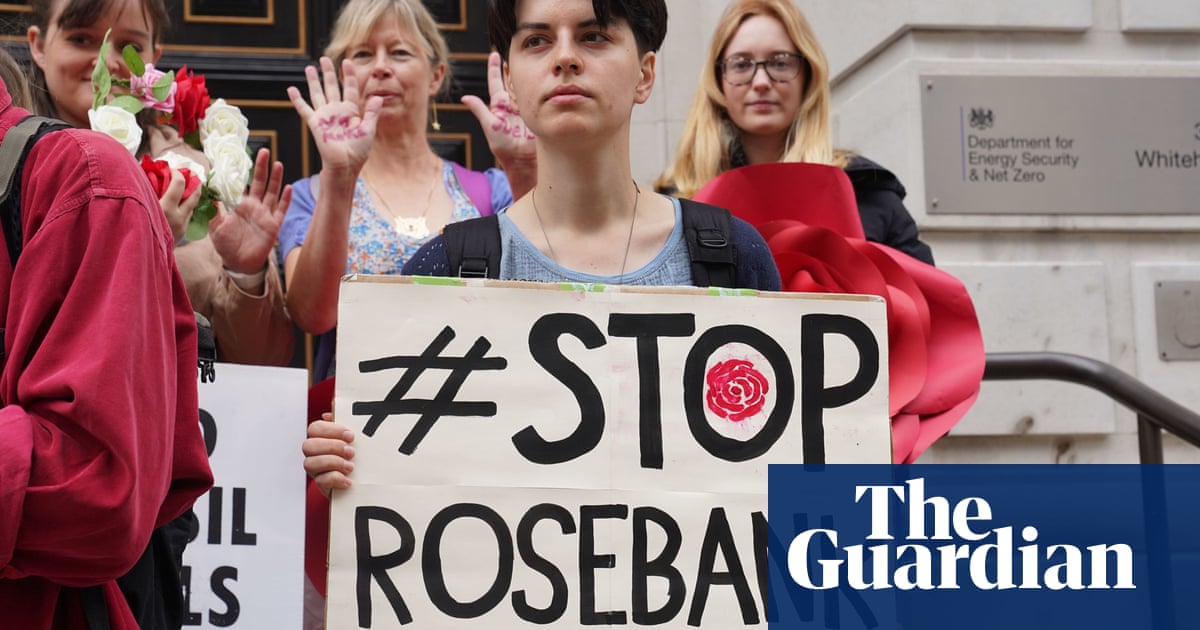
A pesticide which reduces bee populations and was to be used in England’s sugar beet fields this year will not be used after recent cold weather killed off virus-transmitting aphids.
The government broke an explicit pledge earlier this year when it reversed a ban on a product containing the neonicotinoid thiamethoxam, sanctioning its emergency outdoors use this year because of the threat posed by a virus after pressure from the National Farmers’ Union and British Sugar.
The decision sparked an outcry and the threat of legal action against the government. But the environment secretary has now said the threshold for its use was not met after modelling indicated only 8% of the sugar beet crop was likely to be infected with the virus yellows disease this year.
While there is a growing awareness of the harmful role played by refined sugar in the development of long-term health problems, the homegrown industry in the UK remains highly profitable. But there is mounting concern over the effect of harmful pesticides on pollinators at a time of serious insect decline and local ecosystems, particularly as the chemicals can run into rivers, amid a lack of safeguards over their use.
Dr Doug Parr, chief scientist for Greenpeace UK, said the evidence of the risk neonicotinoids posed to pollinators was continuing to mount and that this should be the government’s “last dalliance with these bee-killing chemicals”.
“Agriculture is completely dependent on the support of ecosystems which agrichemicals are eroding, and maintaining our ability to feed ourselves requires the government to set an ambitious national pesticide reduction target and support farmers in switching to sustainable alternatives,” he added.
The Wildlife Trusts had said it would push for a judicial review unless the government could “prove it has acted lawfully” over the U-turn on the ban in January. On Tuesday, it welcomed the announcement but warned “the threat of neonicotinoids has not gone away”.
Environment (Defra) secretary, George Eustice, said: “The emergency authorisation required for a neonicotinoid in sugar beet is a great example of the precautionary approach in action.
“Authorisation was granted with strict conditions including only allowing application if the weather conditions over the winter led to a problem with aphids. In the event, that pest threshold was not passed so this seed treatment will not be used this year.”
Defra said it had attached strict conditions to the authorisation meaning that the pesticide could only be used if modelling forecast that the level of virus infection would reach 9% across the national crop.
Victoria Prentis, a Defra minister, told the BBC in January that the use of the pesticide “wasn’t ideal”, but she was “convinced it was appropriate”.
NFU sugar board chairman Michael Sly said: “Growers committed to only treat sugar beet seed with neonicotinoids this year if the risk to the crop was significant.”
Formally, EU members in 2018 banned most neonicotinoids for use on crops outdoors, to protect bees, but 10 countries then allowed emergency use.
When the UK pledged to back the EU ban on all outdoor uses of thiamethoxam, Michael Gove, then the environment secretary, said: “The weight of evidence now shows the risks neonicotinoids pose to our environment, particularly to the bees and other pollinators which play such a key part in our £100bn food industry, is greater than previously understood … We cannot afford to put our pollinator populations at risk.”
A similar emergency application for England in 2018 was refused after government pesticide advisers said it would “cause unacceptable effects to bees in flowering crops and flowering plants in field margins”.
It added that it would harm “birds and mammals eating seedlings from treated seed and birds consuming pelleted seed” and risked “adversely impacting populations of aquatic insects”.
Studies show neonicotinoids harm pollinators and aquatic life, and that they can contribute to serious biodiversity decline. Research also suggests they weaken bees’ immune systems, harm the development of baby bees’ brains and can leave them unable to fly. Another study has found honey samples being contaminated by neonicotinoids.
A paper recently published in Scientific Reports found “important sublethal effects of field-realistic exposure to a soil-applied neonicotinoid on bee behaviour and reproductive success.”












